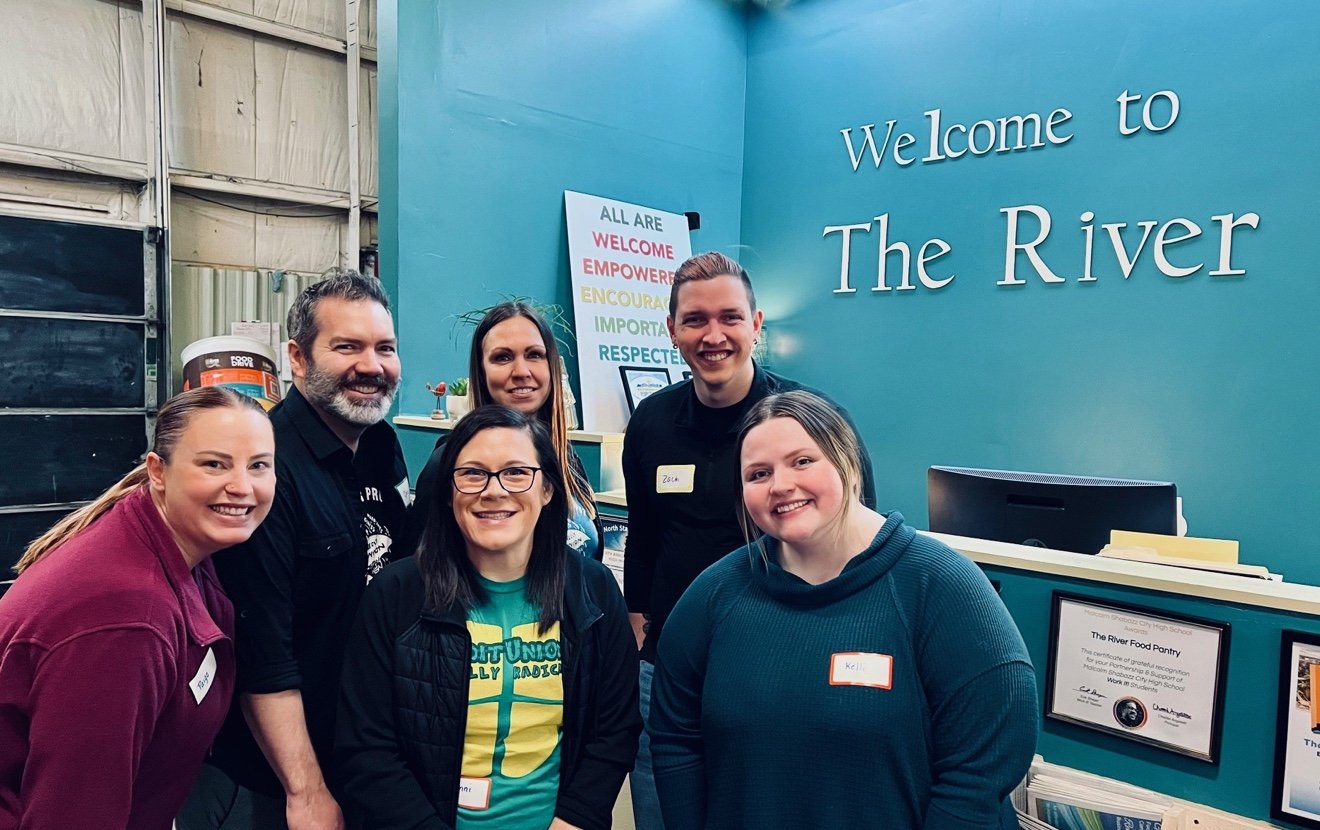Advocacy often means striking a delicate balance, keeping many plates spinning at once. The environment we’re operating in right now is the epitome of that: Defending credit unions’ not-for-profit tax status, advocating for an independent regulator in the wake of NCUA Board changes, and advancing pro-credit union legislation in Congress.
The upcoming tax reform bill?
By protecting the credit union tax status, lawmakers also ensure their constituents experience $35 billion in consumer benefits annually. Removing the tax status would result in $33 billion in lost income tax revenue over the next 10 years, a $266 billion reduction in GDP, and a loss of 822,000 jobs over the next decade—a significant hit to our nation’s economic strength. It would also hurt individual consumers—the people left behind by banks, those who need credit unions’ help the most—leaving them without access to safe, reliable, affordable financial services.
Maintaining a strong, bipartisan and independent regulator in the NCUA?
We make sure Congress recognizes the unique structure of credit unions, and why that unique structure requires a regulator that understands the need for regulations and capital standards tailored to fit the not-for-profit cooperative nature of credit unions. How the agency supervises, regulates, and insures deposits at credit unions protects the safety and soundness of the industry, and the availability of safe, affordable financial products for consumers.
Focusing on consumers, small business owners, and military members?
These people are the same people who voted lawmakers into office. Congress must advance policies that support their financial health. That’s why we’re advocating for bills to allow credit unions to reach more underserved communities, increase access to business capital for entrepreneurs and veterans, ensure safe and effective payments systems, and make housing more affordable.
While this is a lot to tackle, the key in meeting these challenges head on is the same as it’s been for decades: advocating for credit unions and their 142 million members with a unified voice.
Maintaining the unified voice also means continuing the spirit of cooperation among cooperatives that makes credit unions so unique. This voice must forcefully push back against outside attempts to divide the industry by asset size, or dictate what products credit unions offer or how they market. Upholding our cooperative principles can be challenging when facing so much uncertainty, but credit unions time and time again rise together to become stronger.
Our advocacy efforts are bolstered by the mission of credit unions to improve the financial well-being of people and communities. The member is at the heart of every decision a credit union makes.
When talking with lawmakers on Capitol Hill, this is a compelling story. There is a credit union in every Congressional district across the country, serving more 43% of Americans. And credit union members are lawmakers’ constituents.
Gaining policymakers’ time and attention is one of the hardest things to come by in Washington, no matter who is in charge. And with limited time to make your case to a member of Congress, it's important to make clear how their vote will impact their constituents. As a former member of Congress, I’ve experienced this first-hand and can attest to the value of bringing solutions to the table when having these conversations.
At the end of the day, we stand on a rock-solid foundation: wanting to make a better place for credit union members by helping them achieve their financial goals.
The work you do every day is how we continue to be successful. You tell the credit union story every day through your actions. Emphasizing this work, sharing your stories, and ensuring there’s a unified voice within our industry helps solidify support so credit unions remain a bright spot in securing financial prosperity for all Americans.








